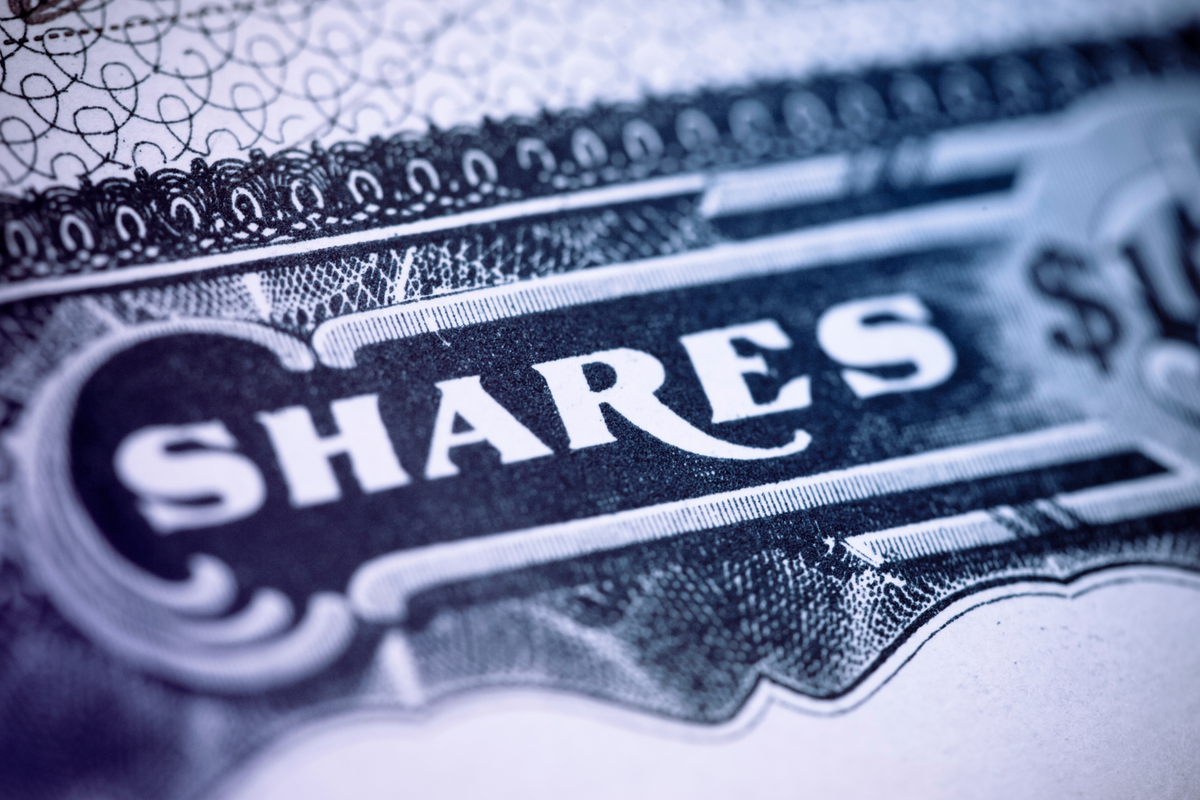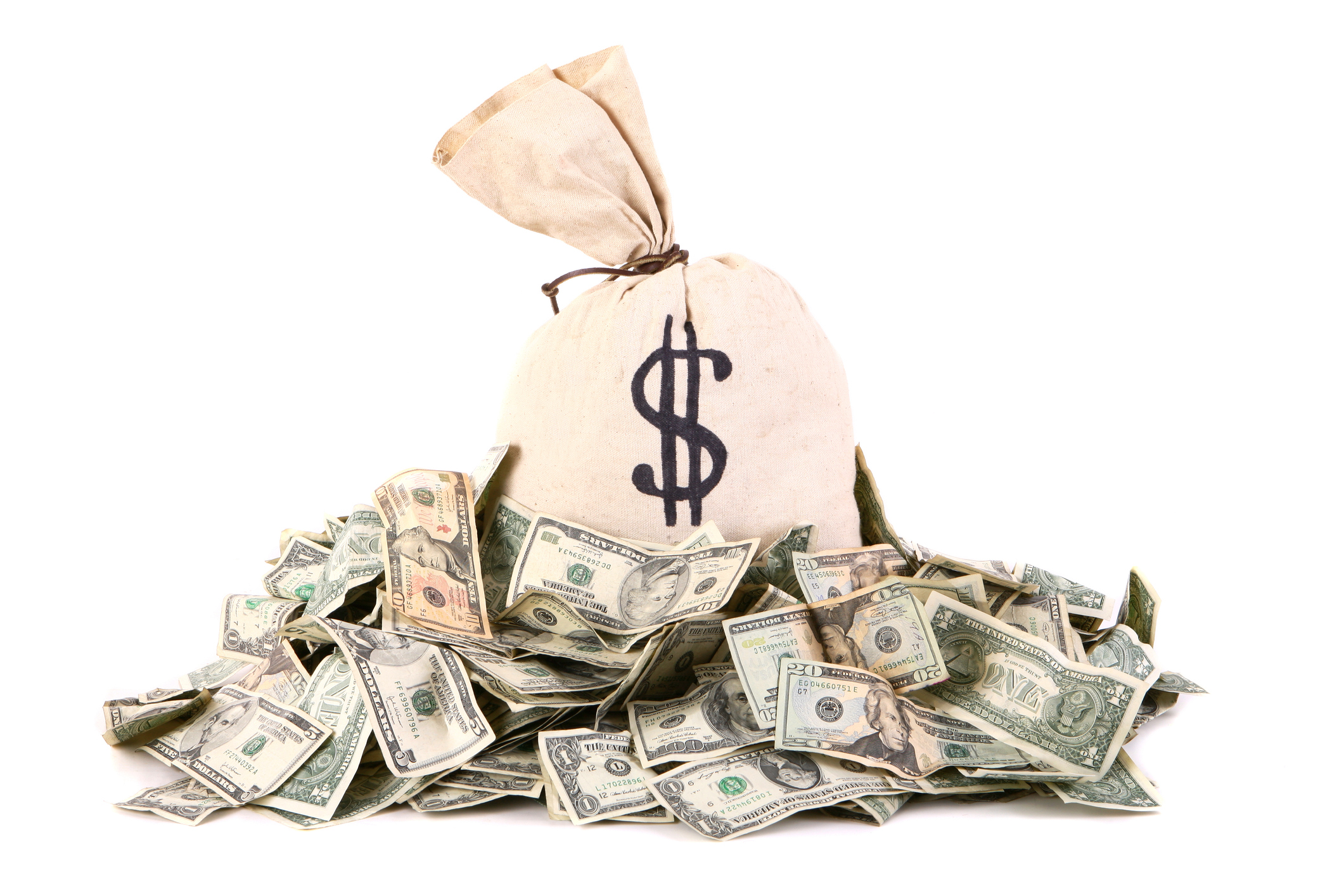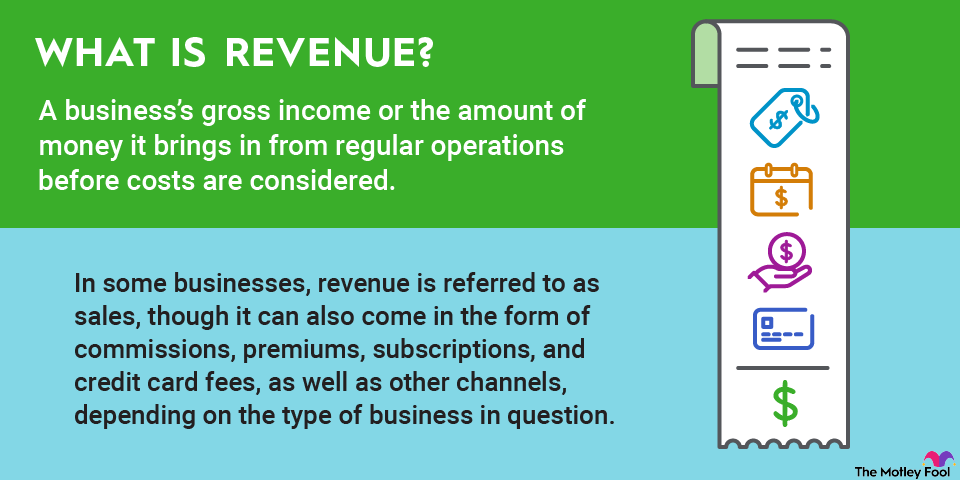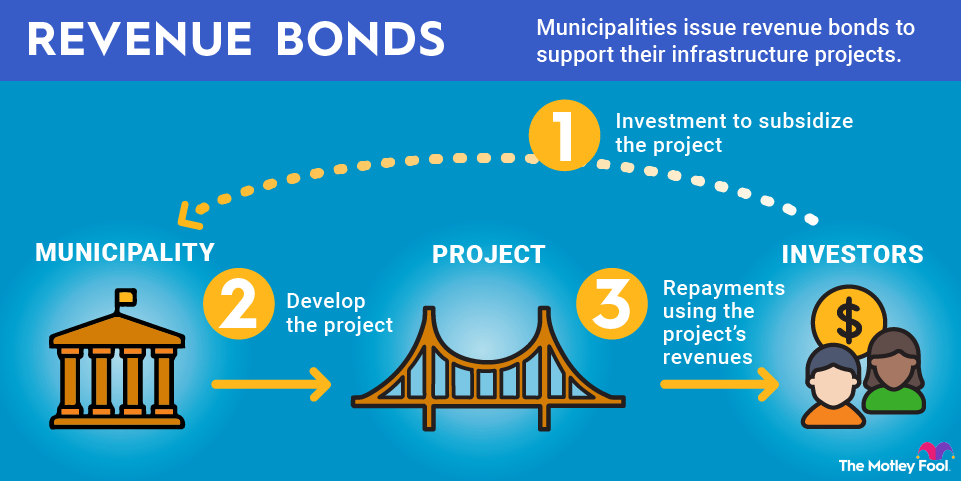The road to true personal redemption can be long and winding, but the road to redeeming shares is pretty simple. When a company issues shares, not all are created equal. Some have voting rights, some pay dividends, and some even have a built-in exit plan, like redeemable shares.
Redeemable shares are shares that a company can buy back at a later date for various reasons. Let's break it all down below.

What are redeemable shares?
Redeemable shares are a type of equity that the issuing company can buy back after a set period or when certain conditions are met. These terms are usually spelled out in the shareholder agreement and are not uncommon in private companies, particularly in the case of start-ups, in which preferred shares are offered to early-stage investors.
What makes these shares unique is that they aren't necessarily permanent. The company retains the right or obligation to repurchase the shares, typically at a predetermined price. The majority of the time, this is done to return capital to investors once the business becomes more mature or profitable.
Unlike regular common stock, redeemable shares usually don't carry voting rights and tend to have limited upside since the investor is forced to give them back at a set value. The tradeoff in upside is balanced by the predictability/stability they offer.
Why redeemable shares matter
Redeemable shares are a popular tool in corporate finance. This is because they let companies manage their cap table and control shareholder composition over time.
Let's say a start-up raises money from an angel investor and promises to repurchase those shares in five years. The investor knows they'll get a return, and the founder knows they can reclaim equity later. Both parties hedge risk and understand that it's a true collaboration to ensure the company's growth.
Why they matter to investors
For investors, redeemable shares offer a structured exit strategy, something especially appealing in private markets where shares aren't easy to sell. These shares act a little like debt: The investor puts in money and expects to be paid back later, but without needing a formal loan or dealing with interest rates.
Why they matter for businesses
From a business perspective, redeemable shares can also reduce long-term share dilution. Instead of handing over permanent ownership, founders can offer temporary equity. This can help maintain more control as the company scales.
That being said, just like anything else in the world of investment, there are downsides. If a company agrees to redeem shares but lacks the cash when the time comes, it can strain its finances or trigger legal trouble. Therefore, some redemptions are subject to board approval or depend on whether the company is solvent at the time.
What to consider if you're dealing with redeemable shares
If you are an investor, the most important facet by far is that you fully understand the terms of the shareholder agreement. It might even help to have a lawyer peruse your agreement to make sure you are reading everything with the utmost clarity.
When do the shares become redeemable? Is the redemption mandatory or optional? What's the buyback price? The fine print here is what drives everything since it determines how much risk and return you're really signing up for.
If you're a founder or business owner, make sure you are both conservative and accurate with your future projections. Redeemable shares can be a great fundraising tool, but they create future financial obligations. Ensure any redemption lines up with projected cash flows and won't jeopardize the business when they come due.
It's also important to point out that some jurisdictions treat redeemable shares differently for tax and accounting purposes. Depending on how the terms are structured, you might need to classify them as liabilities rather than equity on the balance sheet.
This could affect how lenders and other investors view your company's financial health, as well as how a judge might rule if things go sour and you are forced into a legal battle. At the end of the day, redeemable shares are a financial tool, neither good nor bad on their own. The value lies in how clearly the expectations are set and whether both sides understand the trade-offs involved.
Related investing topics
How redeemable shares work in the real world: Argie Foods raises capital
Imagine a start-up called Argie Foods, which imports only the finest meat from the grasslands of Argentina. The company plans to raise $1 million from an angel investor. In exchange, the investor will receive redeemable preferred shares with a six-year redemption clause at 1.5 times the original investment. Argie agrees to repurchase the shares for $1.5 million after six years, assuming sufficient profits.
This setup gives the investor clarity and a timeline to expect a return. It also gives Argie's founders flexibility since they avoid permanent dilution and can buy back the shares once the company stabilizes. This is a win-win for all parties and a template to follow for future use.



















